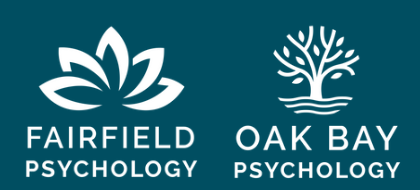
Psychological Assessments
-
Psychoeducational Assessments
No wait list.
Ages: School age (6+) to Young Adults
Is your child having difficulty in school or falling behind in key developmental areas? If you or a teacher notice that your child isn’t progressing as expected or seems to be delayed in cognitive, behavioural, or emotional development, it might be helpful to consult with a psychologist for a thorough psychoeducational assessment.
Comprehensive Psychoeducational Assessments include intake, in-person assessment, report writing and feedback sessions. It includes a report completed by a Registered Psychologist.
Length: up to 15 hours (approx. $3525)
To get started:
1) Contact us to learn more
2) Book a free 15 minute phone intake with our Clinic Coordinator

-
Adult ADHD Assessments
No wait list.
Age: Adults 18+
Adult ADHD Assessments can help adults who are seeking clarity around focus, attention, hyperactivity, executive functioning and more.
An assessment can provide insight into your strengths as well as strategies for support. It can also help with academic or work accommodations and exploring treatment options with your therapist and/or a physician.
It includes an intake session, clinical interview, questionnaires, report writing time, and a feedback session. It also includes a report completed by a Registered Psychologist.
Length: Up to 10 hours (approx. $2350)
To get started:
1) Contact us to learn more
2) Book a free 15 minute phone intake with our Clinic Coordinator

-
Autism Assessments
Booking now for Spring 2026.
Age: Toddlers/Preschool, School Age, and Young Adults
Autism spectrum disorder (ASD) refers to an array of conditions characterized by challenges including social interactions, language non-verbal communication, and sensory sensitivities.
Early diagnosis and treatment of ASD can make a significant difference to children with ASD and their families.
Diagnosing autism spectrum disorder (ASD) can be difficult because there are no medical tests to easily confirm the presence of the disorder.
Instead, trained psychologists look at a person’s developmental history, social and communication behaviours, emotional control, sensory sensitivities and other common characteristics associated with people on the spectrum.
A diagnosis can create opportunities for children and families to access meaningful supports during key stages of development.
Length: 11 to 16 hours depending on age (up to $4000)
To get started:
1) Contact us to learn more
2) Book a free 15 minute phone intake with our Clinic Coordinator

